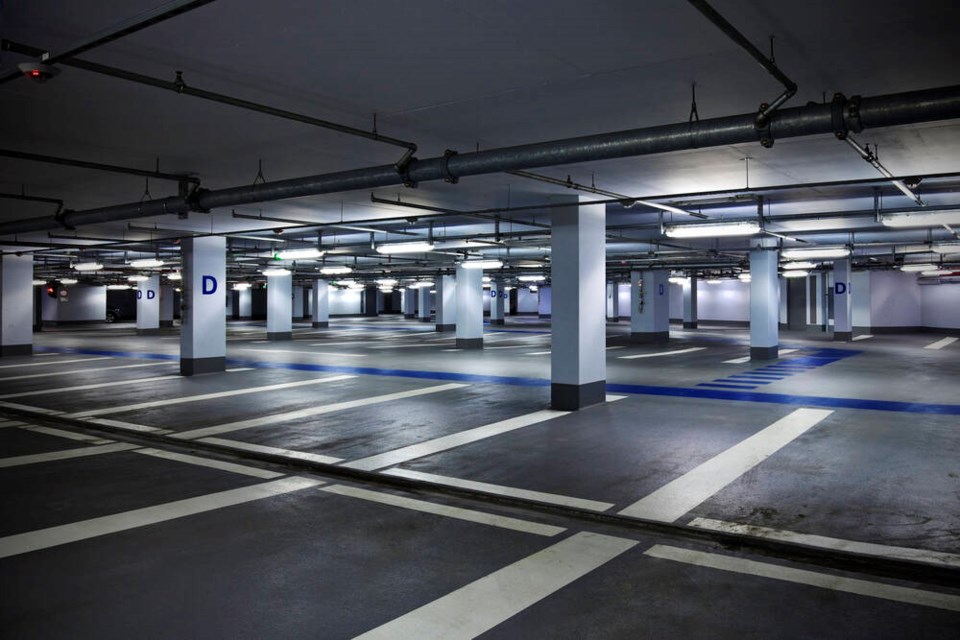The Editor,
Re: This Burnaby developer doesn't want to build more parking. Here's why (Aug. 23, 2023)
We must address the recent statement, "the single-occupancy vehicle is going the way of the dodo bird," attributed to a developer addressing Burnaby city council.
It's crucial to underscore that city council recently approved the Strategic Master Transportation Plan.
This plan projects a 75 per cent active and transit mobility share over the next few decades. This translates to city council acknowledging that automobiles will remain a part of our landscape, albeit with evolving usage that focuses more on active and transit-oriented mobility.
Coun. Pietro Calendino and many of his colleagues have astutely noted the importance of ensuring that any future parking solutions are aligned with the broader community needs.
A pertinent question arises: Should the developer be prepared to amend their development agreement in case parking provisions fall short? Is the developer ready to make infrastructural changes, or even procure a nearby property for additional parking if needed?
It would be constructive to see a public response from this developer, assuring the community that any future parking shortfalls, if they arise, would be addressed, and legally committed to within their agreement with the city, prior to receiving their building permit.
Furthermore, reflecting upon remarks from a former B.C. minister of transportation from Prince George that I closely worked with many years ago, it's apparent that a one-size-fits-all solution does not align with our province's diverse geography.
It's imperative that council acknowledges the variety of transportation needs of our residents, spanning urban to rural environments.
Let's be serious and accept residents' value and depend upon an effective transportation system that incorporates the right mode for the trip purpose together with recognizing our region's distinct characteristics.
It's intriguing to think about the dodo bird's extinction — largely believed to be a consequence of human interventions in an isolated environment.
Comparatively, the unique transportation challenges British Columbians face, whether it's travelling to distant family gatherings or attending medical appointments, are grounded in our vast and varied landscape.
I recognize the complexities that city staff must navigate to align various transportation and urban development strategies. Council's decisions, especially concerning land use and development, often have ramifications that extend beyond the next century, requiring both vision and foresight.
In light of the aforementioned "dodo bird" comments, I instead propose we set aside such divisive rhetoric.
Instead, let us engage in a productive dialogue, exploring comprehensive development and transportation strategies that enhance our community.
- Joe Sulmona, Burnaby





